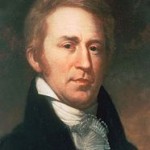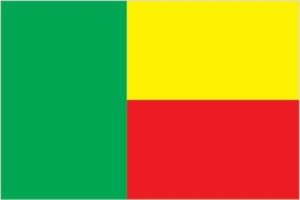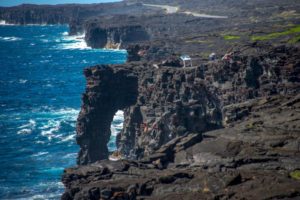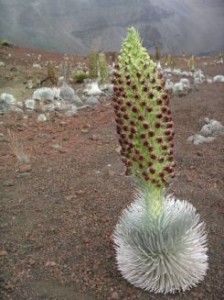
William Clark
William Clark (born Caroline County, Virginia, 1770; died St. Louis, Missouri, September 1, 1838) was an explorer. He and Meriwether Lewis headed the Corps of Discovery into the Louisiana Purchase from 1804 to 1806. Later he fought in the War of 1812 and then became governor of the Missouri Territory. Children would learn a great deal from Lewis and Clark for Kids: Their Journey of Discovery with 21 Activities by Janis Herbert.
Gail Gibbons (born Oak Park, Illinois, 1944) is a children’s author and illustrator. She has written over 170 books, including Tell Me, Tree. Children can visit her website at: Gail Gibbons.
Francis Scott Key (born Frederick County, Maryland, 1779; died Baltimore, Maryland, January 11, 1843) was a lawyer and a poet. He wrote The Star-Spangled Banner in 1814 after watching the British bombard Fort McHenry during the War of 1812. Children can find out more at: Francis Scott Key.
Herman Melville (born New York, New York, 1819; died New York, New York, September 28, 1891) was a novelist. One of his best known works is Moby Dick. Children can read many of his works, including Moby Dick, at: Project Gutenberg.
Maria Mitchell (born Nantucket, Massachusetts, 1818; died Lynn, Massachusetts, June 28, 1889) was the first woman professional astronomer. She discovered a comet in 1847, and she became a professor of astronomy at Vassar. Older children can learn more at: Maria Mitchell. They could also read books by her and about her at: Project Gutenberg.
Bill Wallace (born Chickasha, Oklahoma, 1947; died Chickasha, Oklahoma, January 30, 2012) wrote 31 books for children. His works include A Dog Named Kitty and The Legend of Thunderfoot.






 Declaration of Independence was officially signed in 1776. Most people believe the Declaration was signed July 4, 1776. However, only John Hancock and Charles Thompson signed a draft on that day. Fifty delegates were at the official signing on August 2. Five more people signed the document before the end of the year. One more person signed it the following year. Children can examine a
Declaration of Independence was officially signed in 1776. Most people believe the Declaration was signed July 4, 1776. However, only John Hancock and Charles Thompson signed a draft on that day. Fifty delegates were at the official signing on August 2. Five more people signed the document before the end of the year. One more person signed it the following year. Children can examine a